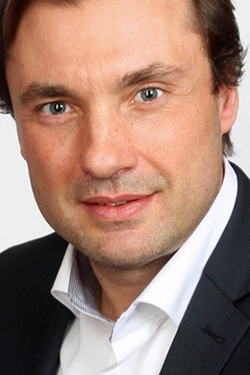Profile of the supervisor
Prof. dr. Alex W. Friedrich is professor in Medical Microbiology and Infection Prevention at the University of Groningen, and Head of the Department of Medical Microbiology and Infection Control at the UMCG since 2011. He is experienced in infection control, hospital hygiene, and infection epidemiology. Further, he is member of the executive committee of the European Society of Clinical Microbiology and Infectious Disease (ESCMID), member of the European Committee on Infection Control (EUCIC), member of the German commission for Antiinfektiva, Resistenz und Therapie (ART) at the Robert Koch Institute (German National Antibiotic Commission), member of the board of the Dutch Stichting Werkgroep Antibitoticabeleid (SWAB) (Dutch National Antibiotic Commission), deputy chair of the scientific work group of the DGHM for infection prevention and antibiotic resistance in hospital hygiene, and member of the scientific council of the European medical school (EMS) Groningen-Oldenburg. His recent research focuses on antimicrobial resistance, antimicrobial stewardship, and epidemiology. He has published 170 peer-reviewed papers.
Expertise
Antibiotic resistance, hospital hygiene, infection prevention, infectious diseases and diagnostics
Profile of the research group
The University Medical Center Groningen (UMCG) is one of the largest medical centres in the Netherlands. In this clinical setting, health-oriented research and training of students at all academic levels are major activities. The Groningen University Institute for Drug Exploration (GUIDE) is one of 4 research institutes within UMCG, where the main objectives are to (1) integrate clinical, biomedical and pharmaceutical research towards development of novel drugs, and (2) educate young researchers in the complete spectrum of biomedical research. UMCG/GUIDE take part in ALERT through the Genomics for Infection Prevention group of Prof. Friedrich. This group focuses on protecting patients against infections, provides rapid and accurate diagnosis, advises on optimal treatment and contributes to knowledge and innovation. Excellent facilities for bacterial diagnostics and next-generation technology for metagenomics and molecular typing, DNA and RNA analyses, including whole-genome and RNA sequencing, and MALDI-TOF MS are available. A special asset is the availability of one of the largest strain collections of clinically relevant and well-characterized MDR bacteria in Europe.

